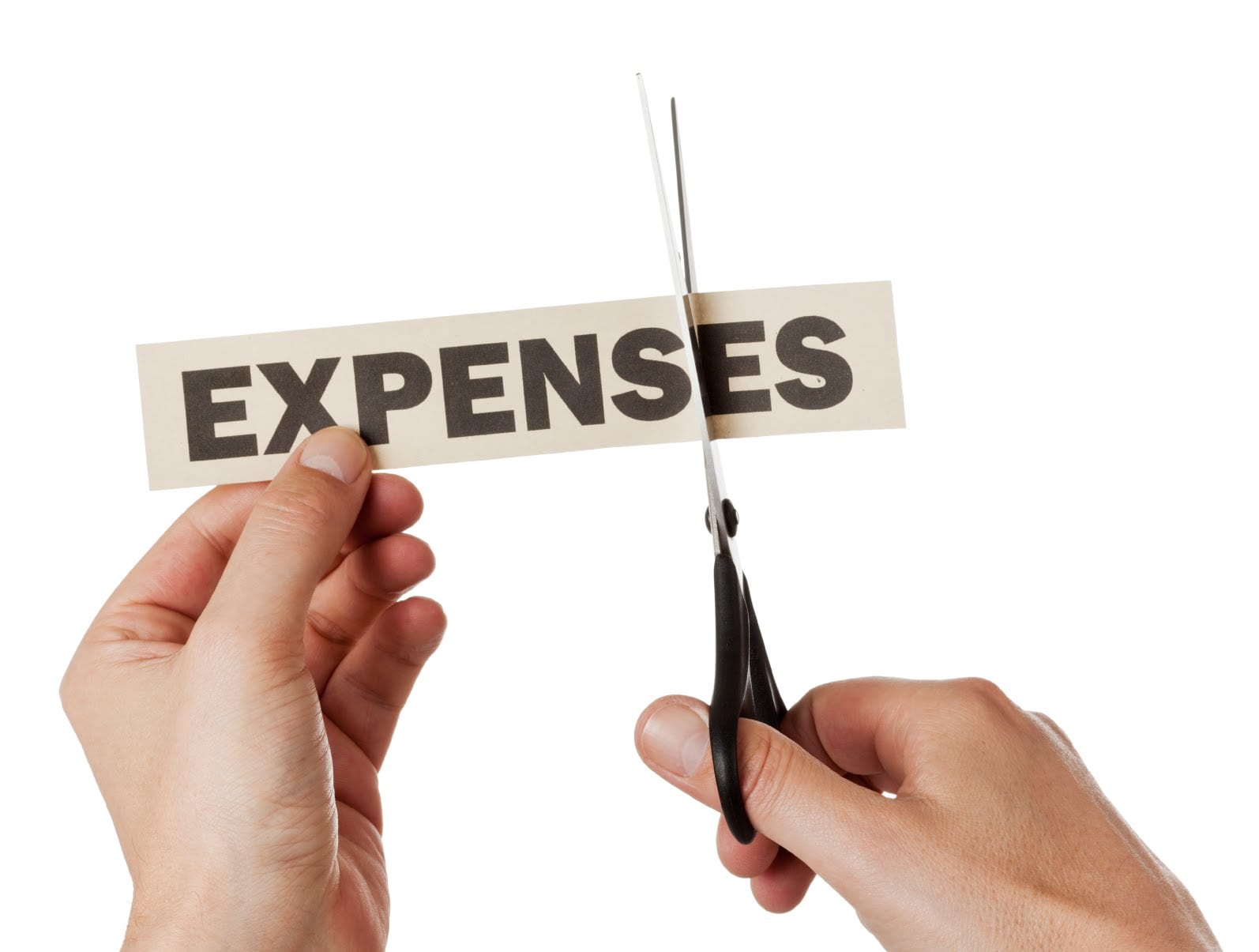Whether you are a small business or a big business, the importance of having business insurance is just as important as any other aspect of your company you are in. There are all types of business insurance policies available that any business should consider adding to their portfolio. Not only can these types of business insurance protect you and your company from unforeseen problems, but can also help offset any costs associated with problems that may occur.
Finding the best business insurance quotes depends on the insurance you are shopping for and how much coverage you will need for that particular policy. Many businesses need some kind of Worker’s Compensation insurance. Other businesses might need quotes for Business Auto insurance policies. Business Property insurance could be advisable for any business where people could get injured on the grounds where they are located. There is also Employment Practices insurance, Commercial General Liability insurance, as well as business insurance for Bonds. There are many things to consider for any business when deciding if one or all of these insurances can be beneficial to them.
This insurance is meant to help owners be able to keep the business intact even after the occurrence of an unfortunate event. There is nothing more frustrating, especially to a small business owner, than having to close up shop because of losing a battle in the court room. To know more about Insurance and its benefits you can read more here.
Small business owners beware
As a small business owner you don’t want to work hard for your business to get where you can be happy with it only to lose it because of some unfortunate event that you could have had protection against. Business insurance can help protect you and your business from financial ruin, as well as make you feel comfortable about not losing everything you worked so hard to build.
There are three types of insurance recommended for small business owners.
- Workers compensation is now required by law for any business employing more than one person. It is also highly recommended that small business owners retain some form of
- Liability and
- Property insurance
While bigger companies may be able to handle some kind of lawsuit, getting sued as a small business could put an end to the business as a whole. Deciding against these types of insurance, especially in a society where people are more eager to sue than ever, could have dire consequences should a lawsuit come out unfavorable for the small business owner. In addition to workmen’s compensation, most businesses should consider some kind of liability and property insurance to protect themselves and their property.
Small business property insurance that can be purchased covers you in case of fire or other catastrophic occurrence. You will also be covered for any expenses to move an object to protect it from further damage. There are three ways to determine what amount the property insurance will cover. It can be based on an agreed upon amount, the replacement value, or the property’s actual cash value. The agreed upon amount usually applies to unique property such as artwork. The replacement value is determined by the cost of replacing an item, with no depreciation being allowed on the property. The actual cash value is the replacement cost minus the depreciation.
According to the Hartford’s “Business Owner’s Handbook” there are over 15 things any small business should have insurance for. Among these are your buildings and structures, leased equipment, inventory, and furniture. The rest are pretty much made up of everything that is used in a business. Don’t forget whatever you use to help your business needs to be insured or you could run the risk of having to start your business all over again. There are more affordable plans becoming available all the time, so check out some free quotes while you are here. It might just be worth your time.
Take an account of all the things you use in your business, and then come to a value on each. Depending on the amount you come out with you need to be sure there will be enough insurance coverage to replace those items if needed. Business owners who rent should be aware that their equipment by not be covered, no matter how good their landlord’s insurance may be. Make sure you don’t lose your livelihood because you thought someone else had it covered. Get a free business quote now and see what could be the best decision you’ve made.
Small Business Coverage Can Be Found
There are companies that actually specialize in small business coverage, and you can find them here at (GGGGGG). Some policies you will find can cover you if you also own the building or if the building you are in is destroyed. You can even be insured for damaged landscaping or any signs that you use for your business. Always keep these things at the forefront of any discussions about business insurance because many are not standard, so be sure to know exactly what your covered for so there will be no surprises. You don’t want to lose your tools in a storm and then be told they weren’t part of the policy. Be sure you cover what you need, because there will be insurance that could be worth the investment down the road.
The companies are not hard to find, and instead of chasing them have them chasing you.
Do I Need Liability Insurance?
Don’t lose everything because your business is being sued. You can protect your assets with liability insurance. Sometimes people sue businesses without even having a case. This insurance will cover your legal fees to defend yourself and your company against any fraudulent accusations. There are certain things liability insurance won’t normally cover, such as sexual harassment or wrongful termination cases, but this insurance can be purchased to include these options as well.
Specialized Liability Policies
- Business Identity Theft
- Employment Practices insurance
- Professional Liability, can include Errors and Omissions insurance
- Director’s and Officers Liability insurance





